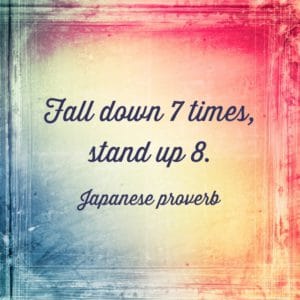
recovery:
“A process of change through which individuals improve their health and wellness, live a self-directed life, and strive to reach their full potential.”
The impetus behind this definition was to create something that reflects the “common elements of the recovery experience for those with mental disorders and/or substance use disorders.” While this is certainly a more clinical definition of what recovery is, it remains a valuable foundational reference for professionals working in the mental health and substance abuse fields.
SAMHSA’s Principals of Recovery look like this:
- Person-driven;
- Occurs via many pathways;
- Is holistic;
- Is supported by peers;
- Is supported through relationships;
- Is culturally-based and influenced;
- Is supported by addressing trauma;
- Involves individual, family, and community strengths and responsibility;
- Is based on respect; and
- Emerges from hope.
SAMSHA also identifies four major domains that support recovery:
- Health: overcoming or managing one’s disease(s) as well as living in a physically and emotionally healthy way;
- Home: a stable and safe place to live that supports recovery;
- Purpose: meaningful daily activities, such as a job, school, volunteerism, family caretaking, or creative endeavors, and the independence, income and resources to participate in society; and
- Community: relationships and social networks that provide support, friendship, love, and hope.
As we work with families, guiding young adults through the process of recovery, all of these references are embedded in the treatment plans we outline and the activities and groups we facilitate. Part of the recovery process helps distill the unhelpful belief that we are damaged goods and unworthy of a healthy life of recovery. It clears the clouded perception that drugs and alcohol nullify one’s discomfort and provides a bird’s eye view into the benefits and bounty of clean living. It is truly liberating not to hide behind the veils of mental illness and/or addiction. The process of recovery guides us toward the potentiality of that liberation and frees us from the bondage of self.
There will be difficult times, beautiful times, times where you think you might not make it or times that you might feel invincible. This is life, and recovery allows us to weather life’s rollercoaster ride in a healthier way. Recovery teaches us resilience. It teaches us that we can fall down, dust ourselves off and get back up again. It shows us that we are human, fallible, imperfect, and magnificent. Recovery teaches us that we are enough.







